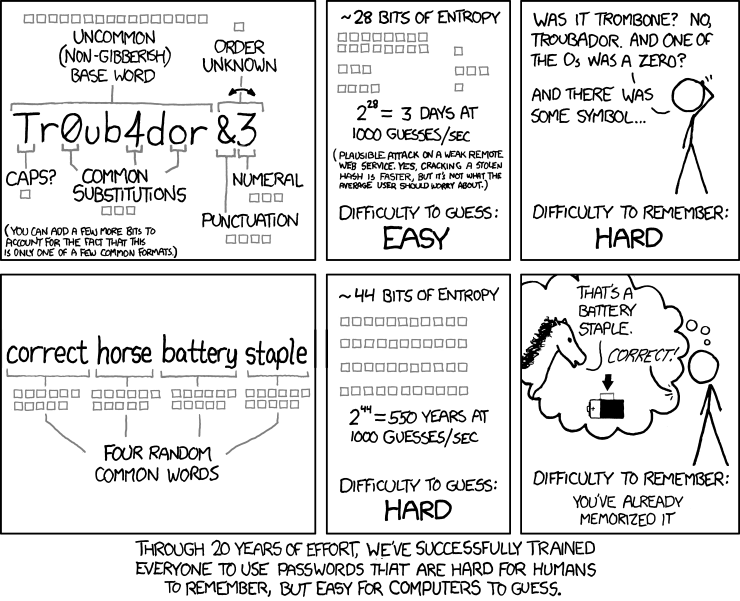audreyh1
Give me a museum and I'll fill it. (Picasso) Give me a forum ...
We have a copy of our safety deposit box under our mattress...secure, or what?
I use a bank safe deposit box as "off site storage" in case my house burns down. We put some backup drives there. Important documents we don't usually need. More stuff when we're traveling. And, an encrypted copy of passwords.

